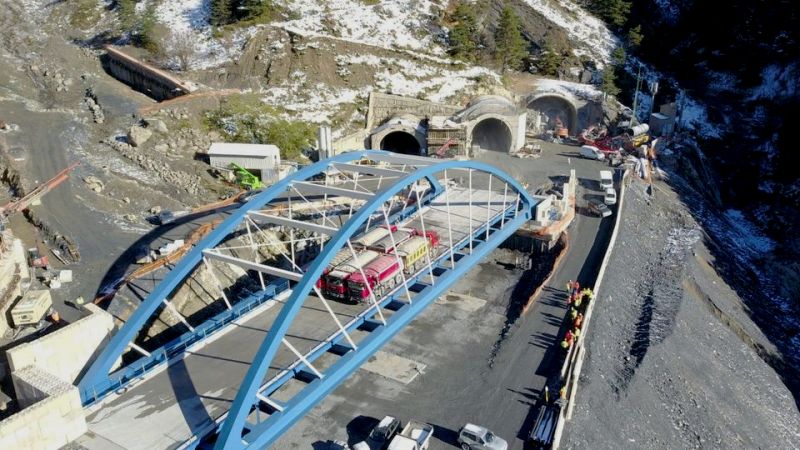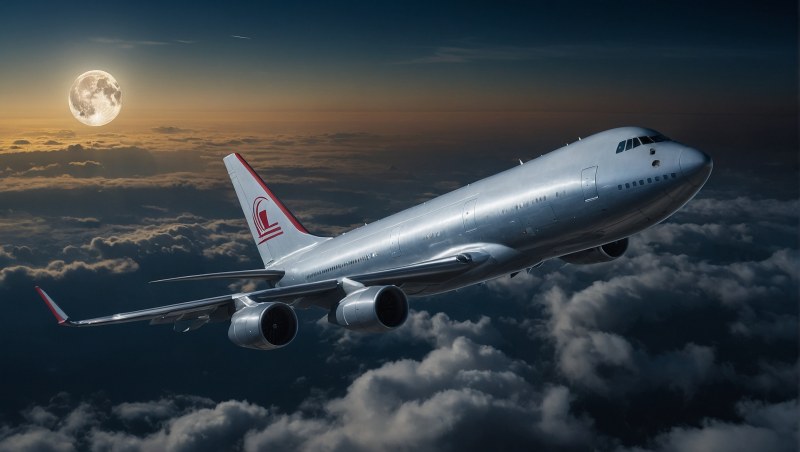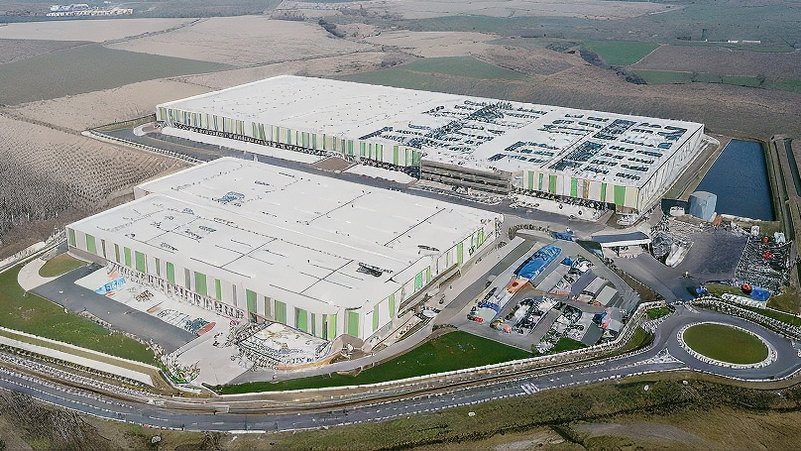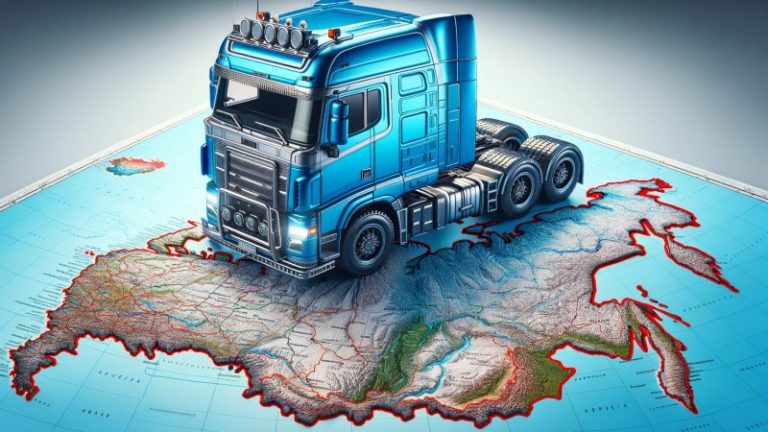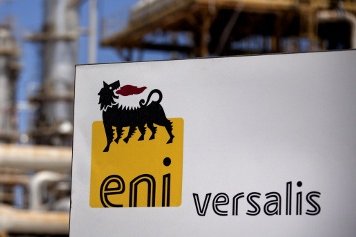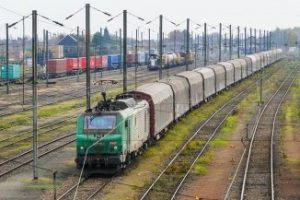The sanctions imposed on Russia following the outbreak of conflict in Ukraine are well-known. In the spring of 2022, an export ban on European trucks to Russia was introduced, leading all the "big seven" industrial vehicle manufacturers to withdraw from the Russian market. Local factories were put up for sale, and European brands were quickly replaced by Chinese manufacturers. Two years on, one of Russia's main sector media, 5koleso.ru, has published a report on the evolution of the transport sector in Russia, indicating a rebound after an initial period of instability.
The report confirms that all major European manufacturers have officially ceased their operations in Moscow, forcing businesses to opt for Chinese-made vehicles. Despite this, there remains a significant group of companies unwilling to purchase Chinese vehicles due to their low quality and maintenance issues, yet they have still managed to access Western tractors. In December 2023, the Mercedes Actros reappeared among the top ten most registered models in Russia, with 340 new registrations.
Mercedes has indeed begun production of an economical version of the Actros in China, dubbed the Actros C, made with Chinese components and resold in Russia and Belarus. This low-cost Actros, also known in Russia as the Actros C Exotic, features a two-axle configuration versus the original truck's three, minimal accessories, unpainted bumpers, and plastic caps instead of fog lights. Priced at about 160,000 euros, it is cheaper than an original Mercedes and about 20% more than a Chinese tractor, allowing Russian companies to purchase a vehicle considered Western, thereby renewing their fleet without necessarily opting for the Chinese unknown. This workaround, however, calls into question the entire sanctions system and undermines the credibility of manufacturers that were supposed to have left the Russian market.
The 5koleso report also delved into the unusual phenomenon of vehicles being sold after 10,000 kilometers. These are essentially new trucks purchased in the European Union and then imported into Russia through unofficial and illegal channels, to be resold without any warranty. The entire process takes place on wheels through Central Asia, explaining the need to travel up to 10,000 kilometers before completing the sale.
Most of the trucks reportedly come directly from Germany as they are easier to register in Russia compared to models from Poland, Lithuania, Latvia, and Estonia, which face bureaucratic issues and are thus avoided. The illegal importation of trucks has triggered another interesting phenomenon: the sharp increase in the price of Euro V vehicles.
In the European Union, new tractors fall under the Euro VI regulations, while in Russia, businesses continue to prefer the older Euro V generation, whose parts are cheaper and more readily available. As a result, the last officially distributed pre-war vehicles now reach astronomically high prices on the secondary market, from 14 to 16 million rubles for a two-axle tractor (i.e., from 140,000 to 160,000 euros).
In other words, in Russia, a two-year-old tractor, often with high mileage, costs more than a Chinese vehicle and nearly as much as a new European tractor. Businesses, however, prefer this option rather than resorting to illegally imported trucks or vehicles considered unreliable, skyrocketing the value of engines considered obsolete elsewhere.
The latest market development in Russia comes from China, with Beiben brand vehicles now being assembled directly in Russia after components are sent by rail from the city of Baotou, home to the brand, to Ekaterinburg. The first shipment was 50 containers, and the Beiben Trucks Group stated that the opening of the China-European Railway Express will not only significantly reduce transportation costs and transit time but will also allow the company to lay a solid foundation for further overseas expansion.
It is evident that the Russian transport sector has found in China a valuable support to overcome the blocks imposed by the EU. At the same time, European tractor and trailer manufacturers, having exited the Russian market, are preparing to reduce their production, leaving the field open to Chinese brands and raising further doubts about the real consequences of sanctions on the Russian economy.
Marco Martinelli



